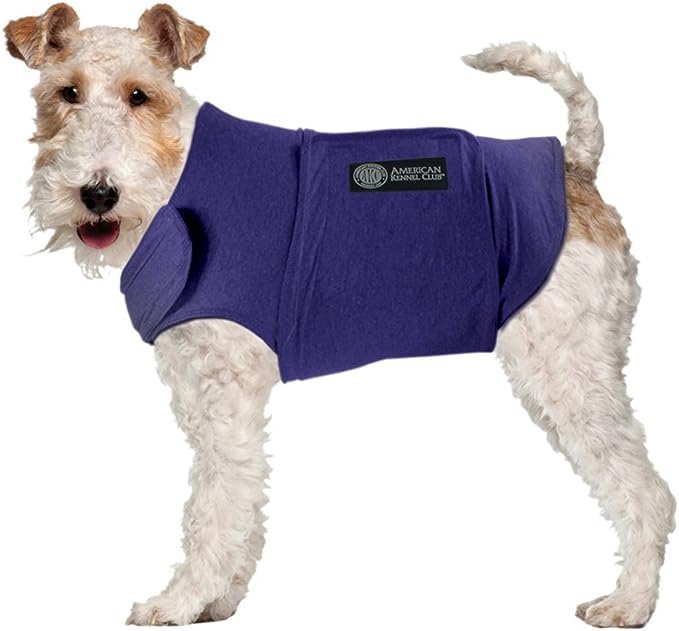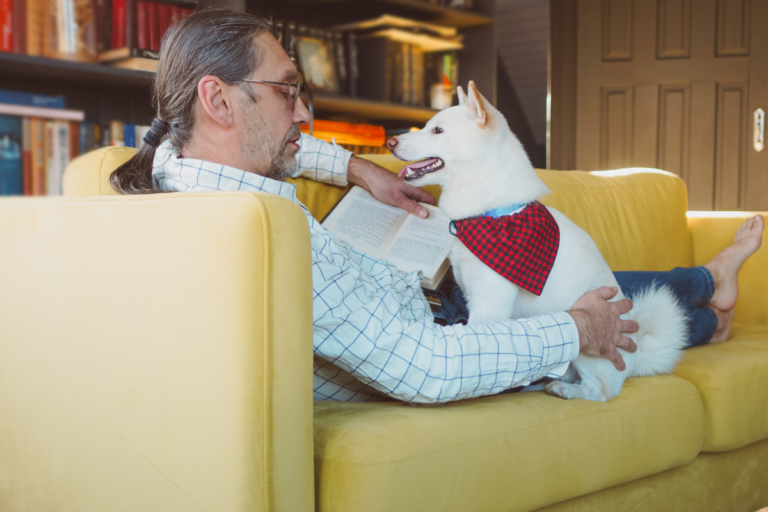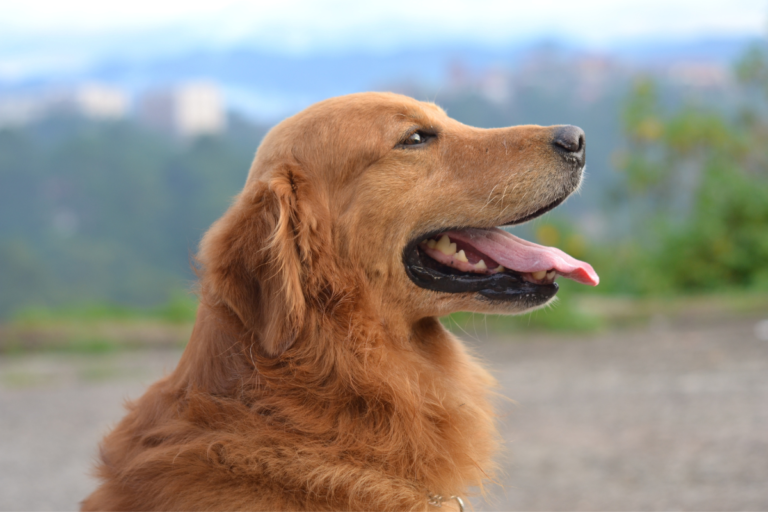Does Your Dog Sound Congested While Sleeping? Time to Find Out Why
This post may contain affiliate links, meaning if you decide to make a purchase via my links, I may earn a small commission at no additional cost to you. You can read our full affiliate disclosure by clicking here.
If you’re a devoted pet owner, you’ve probably noticed that dogs, like humans, can make various noises while they sleep. Some of these sounds are perfectly normal, while others might raise concerns. One common issue that many dog owners encounter is the sound of congestion or snoring during their furry friend’s slumber. In this blog post, we’ll explore why your dog may sound congested while sleeping and when it might be a cause for concern.
1. Position Matters
Just like in humans, the position your dog sleeps in can influence the sounds they make during sleep. Dogs that sleep on their backs or with their heads in a lowered position are more likely to snore or make congested noises. This is because in these positions, their airways can become partially obstructed, leading to snoring or snorting sounds. It’s generally nothing to worry about and is simply a result of the position they choose.
2. Brachycephalic Breeds
Brachycephalic dog breeds, characterized by their flat faces and short noses, are more prone to making congested noises during sleep. These breeds, such as Bulldogs, Pugs, and Shih Tzus, often have narrower airways, making it easier for them to snore or sound congested while sleeping. This is a common trait in these breeds and is usually harmless.
3. Allergies and Irritants
Just like humans, dogs can suffer from allergies or irritants that affect their respiratory system. Seasonal allergies, dust, pollen, or even exposure to smoke can lead to a congested sound while your dog sleeps. If you suspect allergies might be the cause, it’s essential to consult with your veterinarian for proper diagnosis and treatment.
4. Weight and Age
The weight of your dog can also play a role in the sounds they make during sleep. Overweight dogs may have extra tissue in their throat area, making them more prone to snoring and congested sounds. Additionally, as dogs age, their muscle tone can decrease, which can result in increased snoring or noisy breathing.
5. When to Be Concerned
While most cases of congested sounds during a dog’s sleep are harmless, there are instances where it can be a cause for concern. If your dog suddenly starts making wheezing, choking, or gagging sounds during sleep, it’s essential to consult with your vet immediately, as these could be signs of a more serious issue, such as respiratory distress or sleep apnea.
In conclusion, the occasional congested or snoring sounds during your dog’s sleep are usually nothing to worry about, especially if they are in certain positions or belong to brachycephalic breeds. However, always pay attention to any sudden or severe changes in their sleep sounds, as this could be a sign of an underlying health issue. Remember, the most crucial aspect of caring for your beloved pet is being attentive to their well-being and seeking professional advice when needed.
Keep in mind that your dog’s comfort during sleep is vital. Providing a comfortable and quiet sleeping environment can help reduce snoring and congestion, ensuring both you and your furry friend enjoy restful nights.







